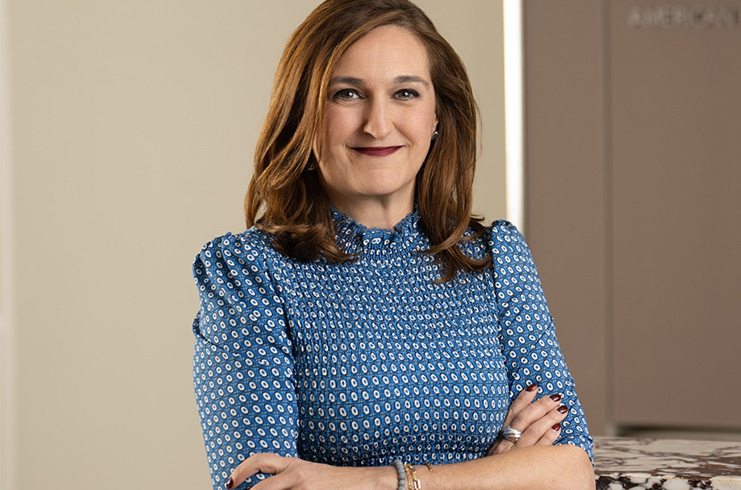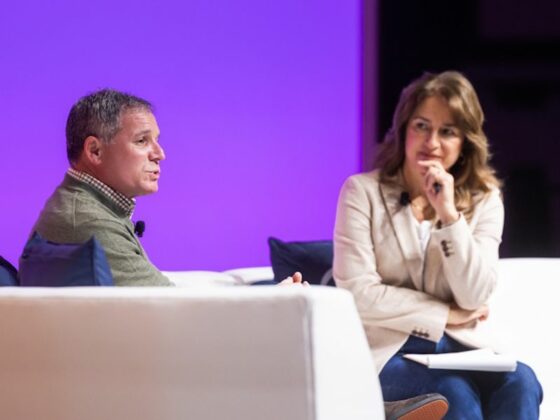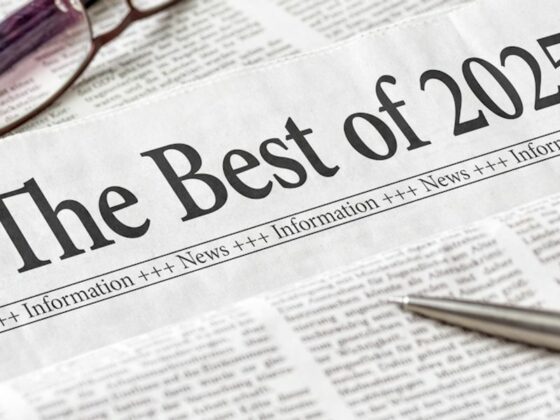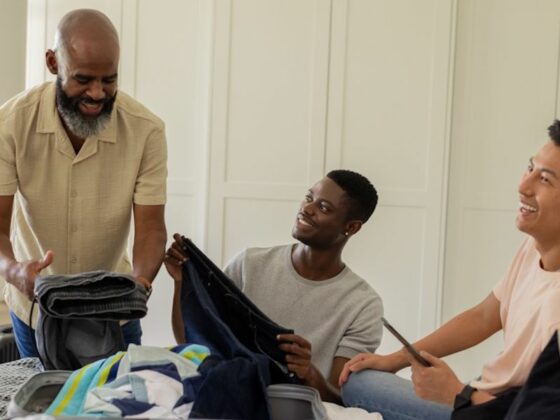Josiah: Many hoteliers want to give to their communities, but with tight budgets and profit margins under pressure, it’s hard. Our guest today, though, has developed a way to give to the communities his company operates in a way that doesn’t cut into the profits of the hotels they operate on behalf of their owners. Stay tuned to hear Simon Mais explain how they do this at EOS Hospitality.
Simon: The way the Community Impact Program works is we charge our hotel guests a 1% impact fee. Those funds are then moved directly off to the balance sheet and stored solely for giving back to the community. We had big discussions of do we give it to national organizations but recognize the impact we are going to have in our localized community is gonna be the biggest impact for everyone who’s working for us, for us to attract talent in that market, and for us to continue to develop the communities that we’re in. So the idea, again, behind this is there is actually no fee to an owner on this. The way it works is last year, in 2023, we generated $1.04 million worth of community impact and money give back to the local community. And the GM will have a committee that they will suggest and give some parameters by which we’re going to go in and donate these funds. So I think probably one of our biggest examples is Isla Bella, which is in a very small town in Marathon, Florida. I think they generated almost $400,000 of total community impact dollars last year. And they chose to give back to the school, the community, and then on occasion, one or two one-off donations to various different charities like the Turtle Fund and the Turtle Hospital that resides in Marathon. But what we’ve been able to do there is we’ve partnered with a group that is called the Conch Marine Republic Army. And this is a volunteer organization that goes out and collects up garbage from the beaches. So they have a, have a boat and they go on and ask for volunteers to go and pick up everything that’s floated in from the ocean on the beaches. They collect it and then they throw it away and dispose of it appropriately. So I think we’ve donated about 200,000 to them on that. They, with those funds, they have bought a boat. They bought a motor and they have a captain that will actually park at our marina for free and they leave the boat there. And our guests are welcome to now go on a partner with them and spend an afternoon picking up garbage. So it doesn’t sound like a great vacation, but you’d be amazed how many guests want to get back on their holidays. They get to do a bit of something good for the environment. They give a bit of an education to any kids or parents going out there what this does to the environment. They’ll stop at a beach as a reward on the way back. And this is all volunteer. And I think they’ve pulled out 65,000 tons of garbage already in just over the year that’s been there. So again, within the community, the keys are very much into fishing. We’re on the beach. We need to clean waters. So by doing this, we’re giving back to the community. The community is ecstatic because we’re helping to clean out the beaches. Guests are excited because they can go off and join this excursion if they like as well. And again, it lines us into what’s going on in the community because there’s lots of fishermen that thrive on How clean are the waters? How vibrant is the hotel is doing? And so this is a great way to, again, partner with the community and say, we’re giving back, but it’s also helping the hotel as well, because guess what? Beaches are clean, the water’s clean, and it provides a better environment for our hotels to operate. So again, we’ve done another thing up in Maine at our Kennebunkport Resort Collection, where we’ve gone and also donated to Habitat for Humanity, give funds to that and help to build houses for employees to live. So it depends specifically on what each property is trying to do and who they feel it’s best interest to go in and where they should give that money back to. But the feedback from the community has been just absolutely phenomenal. And in some cases we’ve been viewed as the big bad New York company who’s cut in. And as soon as we’ve started to do this, it’s like, wow, look what you’re doing to give back. You’re really a partner in this community versus just buying an asset, making a lot of money and leaving. So, we also believe that helps with this, a talent and retain, uh, attracting talent because we’re also getting a significant amount of press in the local papers that constantly reaffirms, look what we’re doing. And within our community, there is no one doing it in some of these small communities that we’re doing. So we’re hogging a lot of the airwaves, which I love. I get impressed with the hotel, so.
Josiah: Well, here we are, led us to this conversation here. I appreciate you sharing that because it’s a very holistic way of looking at impact and everything from the way that you’ve designed this to align with owner interests. There’s been business benefits, but there’s also community impact as well. And everybody talks about community, but it’s great to see a tangible program driving some real results. here as well.
Simon: Yeah. I think our challenge was that we looked at is if I go to a third party owner we’re working for and say, I want to take a million dollars out of your profits, they’re not doing very hard stuff that they’re like, I can’t tell my shareholders or stockholders that that’s a good thing. But the way we’ve designed it and now really gets a win-win for everybody to go in and say, you as the community are getting money given back to you. You as an owner are getting reduced expenses potentially by our recruiting costs are dropping or doing something good for that community that we’re in. So we believe it’s a win-win.









